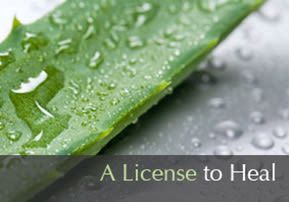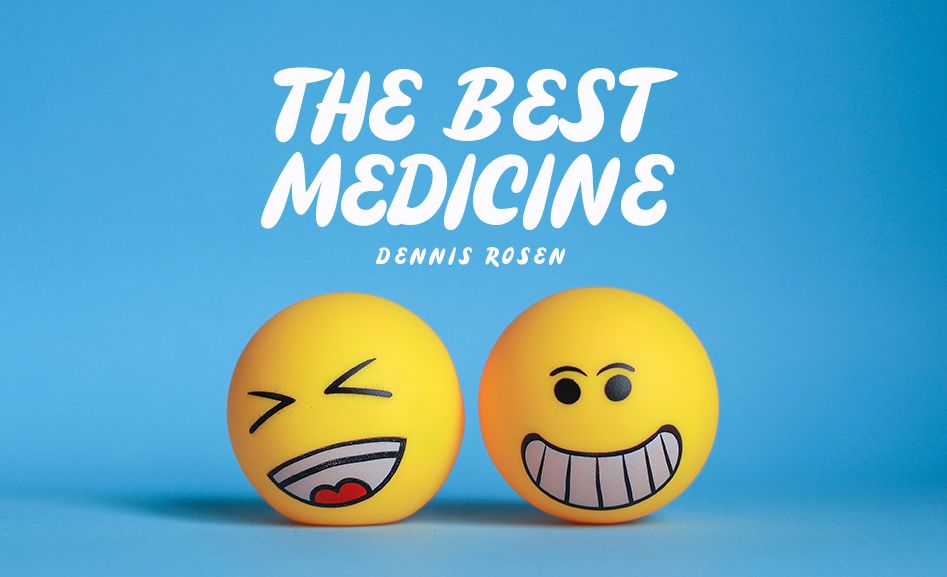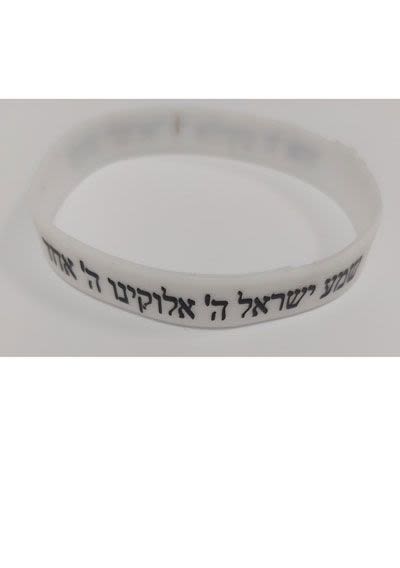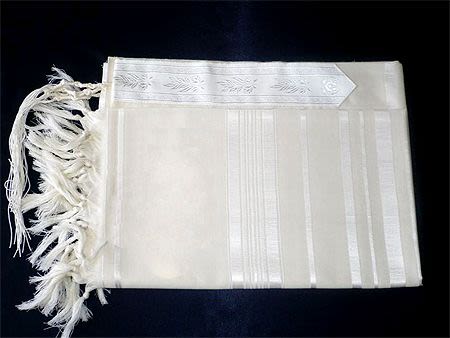
A License to Heal
Physical treatments and medication alone can’t cure sickness. Since body and soul are connected, then their mutual health and wellbeing depends on...

Refua, Part 1
Apparently, medicine is an applied science just like all the other applied sciences. Researchers delve into the cause of disease, experiment with various disease-inhibiting agents, and then convert successful laboratory findings into commercial medicines and modes of treatment.
Medical research appears to be straightforward and logical. The Almighty instilled us with the intelligence to observe, investigate, and solve problems for the betterment of mankind. Not only that, but it’s our duty to devote our mental resources to worthwhile endeavors, particularly for the benefit of society. Electricity, computer technology, and labor-saving appliances are a few examples. Man should therefore invest his God-given power of intelligence to cure illness and relieve human suffering.

Our sages reinforce this outlook and interpret the passage (Exodus 21:19), “And he shall provide a cure,” as a Divine license to heal people. In fact, a number of Judaism’s greatest rabbis were extremely knowledgeable in medicine, such as Maimonides and the Baal Shem Tov.
Apparent logic therefore tells us that medicine is an applied science just like all the other applied sciences, and the more we devote to medical research, the more we’ll overcome illness and suffering.
Man and Divine Providence
Medicine would be a simple, straightforward applied science if its sole challenge were healing a physical body. But, that’s not the case. The body is lifeless without its spiritual life-spark, the soul. Physical treatments and medication can’t cure an ailing soul. Since body and soul are connected, then their mutual health and wellbeing depends on more than nature and natural law. Human health depends on Divine Providence, Hashem’s personal intervention in our lives.
Since all of creation was designed as an agent to facilitate man’s free choice on earth, we can understand how man benefits from the Almighty’s personal attention to the tiniest detail of his life in general and his health in particular.
Nature operates according to Divine will, even though it’s not always apparent. The further away a creation is from man and the less it directly affects his life, then the less apparent the Divine Providence. Therefore, it seems that the stars and the great galaxies go their merry way in their clear and predefined celestial lanes, according to the dictates of nature and seemingly devoid of Divine intervention. This is only an illusion, since the galaxies don’t appear to have anything to do with our daily lives. In truth, their orbits in space are the product of Divine decree; they simply have a static task that doesn’t change.
As opposed to the stars and other faraway creations, dynamic daily change is an indication of Divine Providence. Look how our lives change so drastically from day to day: one day, we’re challenged with income problems. The next day, our children act up. Then, a health crisis pops up. No day is ever the same, for Hashem is constantly sending each individual the messages that he or she needs to stimulate soul correction.
His body is dear to him
Divine Providence plays a greater role in a person’s health than in any other area of a person’s life. Pains and afflictions of the body and soul are Hashem’s prime tools in arousing people to correct what they need to correct, for several reasons:
First, a person might remain apathetic about a variety of other trials and tribulations. He or she won’t necessarily undertake serious introspection after losing a hundred dollars. Yet, few are able to ignore something that directly affects their own bodies, such as sickness or severe negative emotions. This is what happened to Job. At first, Hashem gave the Satan license to test and torment Job, but not to strike him down with illness.
Even though Job lost his money and buried his own children, he didn’t crack at the emotional seams. The Satan said to Hashem (see Job, chapter 2), “A person will give anything for his own skin. Afflict his flesh, and we’ll see if he continues to bless you!” The Satan claimed that no test of faith is as difficult as a sickness or injury. Job’s steadfast faith was shaken once his entire body was afflicted with infectious boils.
We therefore learn from the Book of Job that bodily afflictions are the most difficult type of tribulations for a person. The moment a person becomes ill, money and other amenities are no consolation. On the contrary, they heighten the person’s feeling of misery for he can’t enjoy them. What good is a big bank account, diamonds and jewels to a person with an ulcer, diabetes, and a cardiac condition whose diet is sorely limited and can’t even enjoy a meal? And what good is a healthy body if a person suffers from a tormented soul? That’s why “be healthy” – tihye ba’ri – is the most common blessing in the Hebrew language. Since one cares so much about one’s health, Hashem can readily arouse a person by way of his or her health.
Health is one of Hashem’s prime tools in arousing people for an additional reason: The body resembles the Torah. The body has 613 parts – 248 appendages and 365 tendons. Correspondingly, the Torah has 613 mitzvot – 248 positive (“do”) mitzvot and 365 negative (“don’t do”) mitzvot. Each of a person’s appendages corresponds to one of the positive mitzvot, and each of his or her tendons corresponds to one of the negative mitzvot. Therefore, when a person transgresses a particular mitzvah, Hashem arouses that person to teshuva by afflicting him in the particular appendage or tendon that corresponds to the blemished mitzvah. As such, a person can understand what he or she did wrong and correct it.
The holy Baal Shem Tov once visited a sick man on the verge of death. At the man’s bedside, the Baal Shem discussed his condition with the attending physician. The doctor said that there is no hope for the man to live more than a few hours, for his disease has destroyed all his tendons.
The Baal Shem Tov asked the physician to wait for a moment while he approached the sick person, who lay unconscious in bed. A minute or two later, the patient opened his eyes and asked for a sip of broth. Gradually, the color returned to his face. The physician couldn’t believe his own eyes. He said to the Baal Shem Tov, “I can’t believe what I’m seeing! This person’s entire body was finished – not a single tendon was intact. There was no way he could live. What did you do?”
The Baal Shem Tov replied, “You are correct. Not only that, you are truly an expert physician. You made no mistake – all the patient’s tendons were destroyed. This person repeatedly transgressed so many negative commandments that his tendons deteriorated. Only now, I spoke to his soul, and he agreed to atone for his sins. Once he committed himself to teshuva, his tendons regained their vitality.”












Tell us what you think!
Thank you for your comment!
It will be published after approval by the Editor.